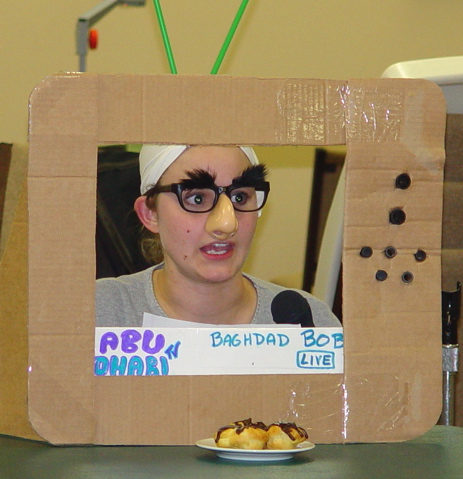
In May we began an experiment in our community. We have friendships with several other intentional communities and one thing many of them have in common is the practice of not having televisions in their homes. All of them watch movies and various programming. None of them think TV is an evil in and of itself, but they recognize the seductive power of television and have chosen to limit its influence by not having it so freely available. Usually, they will have corporate times, either at dinner or in the evening, of watching selective programming together.
Every community member I’ve ever talked to about this practice has emphatically agreed that this is one of the best policies they ever adopted. I’ve never heard anyone in another community complain about it or feel like they are being limited by a “no TV” policy. In fact, the only ones I’ve ever heard raise concerns about a policy like this are from those who’ve never lived in community.
It hasn’t been in our tradition to have a “no TV” policy. All of our families have TVs, computers, video games, and Internet access. We’ve talked a lot about limiting “electronic entertainment” and being good stewards of our time. Our families are generally very careful about this and manage the electronic medium well. Nonetheless, at one of our recent members’ meeting in April, the idea came up to go “unplugged” for the month of May. Even though most of us felt that we’ve been responsible in our consumption of electronic entertainment, there has been a general feeling that perhaps we spend too much time watching the Tube or playing computer games. So, we went on an electronic fast and the results are just amazing.
At our last members’ meeting people testified about how much reading they’ve been getting done, the quality of fellowship they’ve been enjoying, the clarity of mind they’ve been experiencing, how they’re getting to bed earlier, and the change in attitude and behavior of the children. I have found myself, after a tiring day, tempted to just watch something, but because that wasn’t an option, I read or spent time with my kids or fellowshipped with my friends or wife. I thought I was a relatively disciplined person and not addicted to electronic entertainment. But I’ve been deceived. The fact that it was a policy we agreed to, and not just an option under my control, made this revelation possible for me.
I’m seeing that this whole thing has to do with the difference between pleasure and happiness, a concept I learned from Dr. Laura Schlessinger. Pleasure comes from a short-term, instant gratification activity, like eating a donut. Whereas, happiness comes from activities that are more long-term, meaningful, and usually relationally oriented, like fellowship or playing with your kids. Electronic entertainment, with its easy accessibility, sensory appeal, and inherently passive method of engagement pretty much qualifies as a pleasure activity. Pleasure isn’t necessarily bad, it just shouldn’t be our main pursuit.
Well, with the experiment over we have decided to keep thinking about how to manage our electronic entertainment. We’re going to try a few policies and guidelines this summer and see what works best. I’ll blog in the fall about what we finally decide.